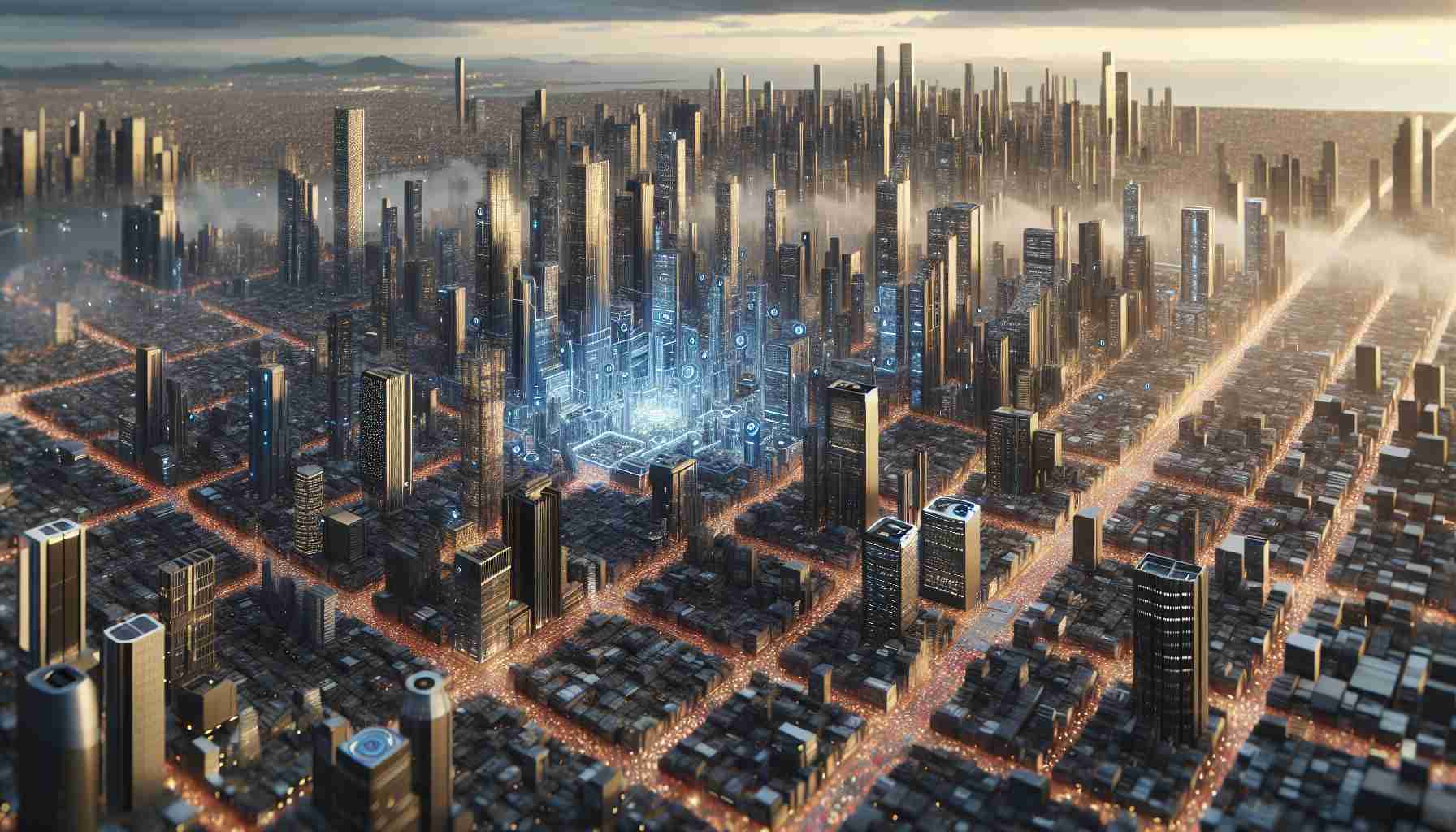In our rapidly evolving world, the concept of “smart cities” is more relevant than ever. With urban areas projected to house 68% of the world’s population by 2050, innovative technological solutions are crucial to ensure sustainable, efficient, and resilient living environments. But what makes a city “smart”?
A smart city uses data and technology to optimize resources, enhance services, and improve residents’ quality of life. The integration of the Internet of Things (IoT) enables these cities to gather and analyze real-time data, resulting in smarter infrastructure, energy-efficient buildings, and improved public transport systems. For instance, Barcelona is pioneering urban innovations with its sensor-fitted water and energy grids, which reduce waste and save costs.
Furthermore, smart cities are powering new approaches to sustainability. In Copenhagen, smart traffic management systems reduce congestion and pollution, thanks to real-time data about traffic flow. Meanwhile, Singapore’s Smart Nation initiative leverages AI-driven analytics to improve urban planning and healthcare.
The key to successfully implementing a smart city lies in the seamless collaboration between government, businesses, and citizens. In this vision of urban development, citizen engagement plays a pivotal role, ensuring that technological progress aligns with human needs and ethical standards.
As the digital age continues to expand, the potential for smart cities to revolutionize urban living becomes limitless. Embracing these transformations offers a glimpse into a future where technology not only improves efficiency but also enhances the very fabric of urban life.
Are Smart Cities Truly the Future or a Digital Dystopia?
As urbanization surges, the race towards “smart cities” accelerates, promising a tech-driven urban utopia. Beyond efficient public transport and reduced pollution, what deeper implications do these modern marvels hold for humanity and technology?
Intriguing Aspects and Controversies
While smart cities boast benefits like improved public services and sustainability, they raise critical questions. Can data-driven governance ensure privacy? With vast amounts of personal data collected to optimize services, concerns about surveillance and data misuse grow. The debate on the balance between innovation and personal privacy is hotter than ever. Notably, China’s use of facial recognition technology—while enhancing security—sparks global privacy and ethical debates.
Impact on Humanity and Technology
Smart cities influence not only city planning but also fundamentally reshape societal interactions. By integrating AI-driven analytics, cities like Singapore present potential models for healthcare innovation, offering predictive medical insights and personalized treatment strategies. However, heavy reliance on technology could create systems vulnerable to cyberattacks, possibly threatening critical infrastructure.
Advantages
Seamless integration of IoT can optimize urban resources, creating a sustainable environment. With initiatives like Copenhagen’s smart traffic systems cutting down on congestion, urban life could become both greener and more efficient.
Disadvantages
Yet, the digital divide risks widening, excluding less technologically-savvy populations. The upfront costs of implementing widespread smart technologies also pose significant challenges, potentially favoring wealthier urban areas over less affluent ones.
Are we ready to embrace such pervasive technological presence? Delve more into urban innovation at Smart Cities World and IEEE.







